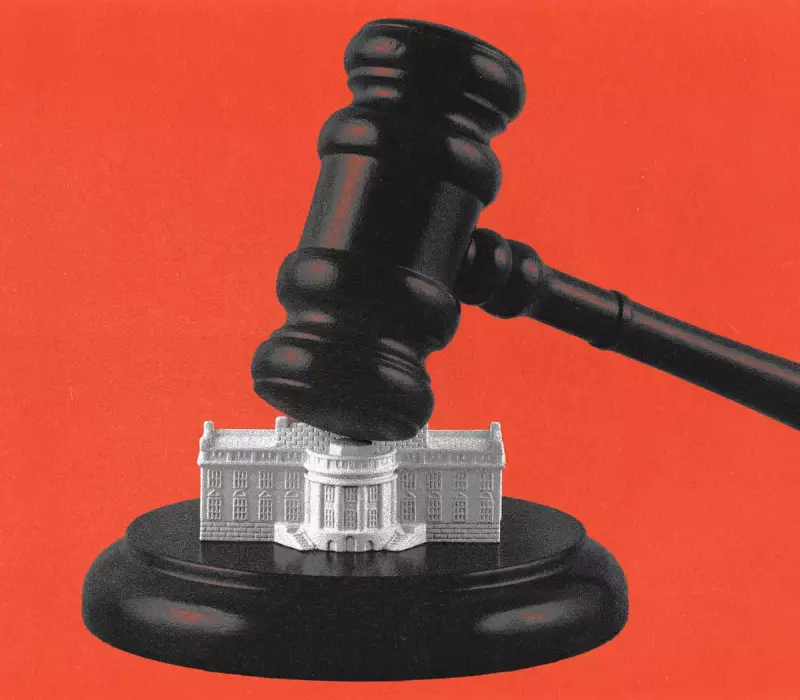
The United States Supreme Court has stepped into a legal firestorm that could redefine presidential power and reshape global trade relationships. The justices have agreed to hear a challenge to Donald Trump's authority to impose sweeping tariffs without congressional approval, setting the stage for a landmark constitutional decision.
The Legal Battle Reaches America's Highest Court
At the heart of the case lies a fundamental question: does the president possess unilateral power to levy tariffs on national security grounds, or must such significant economic decisions receive congressional authorisation? The challenge targets tariffs Trump imposed during his presidency using Section 232 of the Trade Expansion Act of 1962.
Legal experts describe this as one of the most significant separation-of-powers cases in recent memory. "This isn't just about tariffs—it's about whether a president can effectively declare economic war without consulting Congress," noted constitutional law professor Eleanor Vance.
The Stakes for Global Trade and Presidential Power
The outcome could have profound implications for:
- International trade relationships with allies and competitors alike
- Presidential authority in matters of national security and economics
- Congressional oversight of executive branch decisions
- Business certainty for companies operating in global markets
Business groups and foreign governments are watching closely, with many filing supporting briefs arguing that the tariffs disrupted supply chains and violated international trade agreements.
A Constitutional Clash Years in the Making
The case represents the culmination of legal challenges that began during Trump's presidency but gained renewed urgency as lower courts issued conflicting rulings. The Supreme Court's decision to take the case suggests the justices recognise the need for clarity on this fundamental constitutional question.
Oral arguments are expected to focus heavily on the original intent of the 1962 trade law and whether Congress unconstitutionally delegated its power to regulate commerce to the executive branch.
The ruling, expected next year, could either cement expansive presidential trade powers or reassert Congress's constitutional role in regulating international commerce. Either way, the decision will likely shape US trade policy for generations to come.





